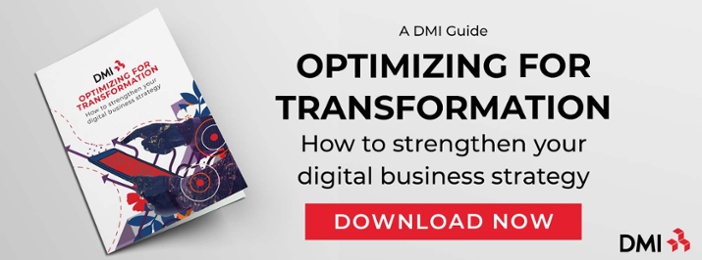
Why Customer Experience Should Be at the Core of Your Contact Center
Your contact center is one of the earliest touchpoints a customer has with your brand. A center supports customer interactions across a range of channels, including phone calls, emails, messaging apps and even social media.
There are many metrics that impact a contact center’s performance — such as Average Speed to Connect and Speed to Resolution —but none are quite as crucial as customer experience.
Providing a positive customer experience means that:
- Customers know now they are being backed by high-quality, reliable support.
- Customers are willing to share their experience with others.
- Customers will return to your contact center without hesitation.
If you give your customers an optimal experience, then you earn their loyalty and recurring business. However, even slight inefficiencies can result in customer abandonment and lost revenue.
Signs that Your Contact Center Isn’t Optimized
Sometimes teams may be so preoccupied with providing solutions to their customers that they prioritize transacting over improvement strategies. However, there are specific signs to look for that will motivate you to take corrective action.
First, if you’re seeing poor or negatively trending metrics around client experience, customer satisfaction, and your ability to handle calls in the queue. Your customer’s ratings and reviews will reflect this. One negative review could dissuade a prospective customer.
A second sign that your contact center isn’t performing at its best is that you can’t implement new processes or channels quickly. Your contact center needs to be able to scale along with your organization. If your contact center can’t easily integrate new software with your current technology stack, it will inhibit business growth.
A third indicator is your customer’s behavior during calls or chats. For example, you need to take action if you see trends in customer complaints about your service, hold times or increases in missed calls or unanswered chats. If your contact center isn’t serving your customers to the best of their ability, then they may decide to go with one of your competitors.
How Technology Can Enhance Your Customer Experience
Organizations can improve customer experience by meeting customers where they are. That means serving customers on multiple different channels as efficiently as possible. Fortunately, there are a variety of tools and technologies available that can support these processes.
AI and automation, for example, can help your organization serve customers on disparate channels more easily. For example, some of your customers may prefer live chat or phone calls, and others may want to use messaging apps and social media.
AI can also help your customers get the answer they’re looking for, whether it’s giving more information, helping them make a purchase or directing them to a live agent. Virtual agents can also empower live agents to be better informed and drive speed-to-resolution.
Modern contact centers should find tools to elevate the customer experience through personalization. As Forbes puts it, “This is an era where we rarely need to search for the products that would make our lives easier.” Customers can get the products they want based on their previous history. Once you’re able to cater to a customer’s specific needs, they’re much more likely to remain loyal to your organization.
Today’s Modern Contact Center
Technologies like AI and automation provide a layer of support and fill in gaps to serve your customers more quickly and accurately. By investing in customer experience, you can feel confident that callers will walk away with their questions answered, their problems solved and a positive experience with your brand. Likewise, when your agents and digital tools can collaborate harmoniously, you’ll deliver an unforgettable customer experience.
If you’re interested in optimizing your contact center and improving your customer experience, let DMI help you devise and enact a comprehensive strategy. Our inclusion as a Leader in the Gartner Magic Quadrant for Managed Mobility Services, Global for six years is a testament to our team’s ability to help our clients grow and scale. We provide 24/7 help desk support, scalable contact center services and even project-based support services. Using our expertise and resources, we can ramp up and support your contact center in just a few weeks.
For a real-world example of our contact center expertise, look to the Maryland COVID-19 vaccination support center. DMI played a vital role in building the infrastructure for this solution, which allows citizens to preregister for the state’s mass vaccination sites, schedule their appointments, modify their existing appointment and communicate with a support center agent. The contact center has the capability to handle over 70,000 calls per day and, since March, has served 1.4 million Maryland residents.
To learn more about our modern contact center offerings, contact us now.
